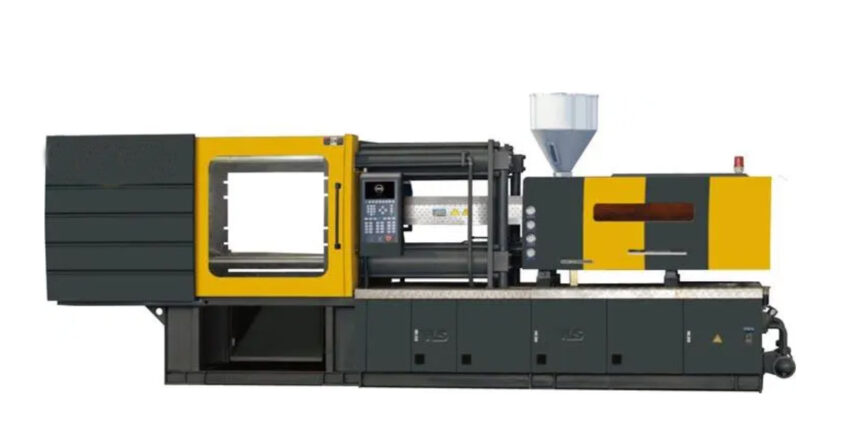Efficient Strategies for Quality Traceability and Data Recording in Automated Injection Molding Production

In modern manufacturing, automated production using injection molding machines has become a key means to improve efficiency, reduce costs, and ensure product quality. With the advent of Industry 4.0, intelligent manufacturing has become a new trend in the industry. In this context, it is crucial to implement effective strategies for product quality traceability and data recording in the automated injection molding production process, ensuring that each production step is monitorable, traceable, and optimizable.
1、Importance of Quality Traceability
Quality traceability is a critical aspect of ensuring that products meet standards and customer requirements. Through an effective traceability system, companies can quickly identify the source of problems and take timely action to reduce losses when defective products are discovered. Additionally, a comprehensive quality traceability system helps meet regulatory requirements and enhances brand reputation.
2、Role of Data Recording
Data recording serves as the foundation for quality control and continuous improvement. By recording and analyzing real-time data during the production process, companies can better understand the manufacturing process, identify efficiency bottlenecks, optimize processes, and ultimately achieve cost control and quality enhancement.
3、Technological Approaches
a. Barcode/QR Code Systems
One of the most common traceability technologies in automated injection molding production is the use of barcodes or QR codes. Each product or batch is assigned a unique identification code that accompanies it throughout the production line, recording every operation and inspection result.
b. RFID Technology
Radio Frequency Identification (RFID) technology is a wireless communication technology that can identify specific targets and retrieve related data through radio waves. Compared to barcodes, RFID tags can be read without requiring line-of-sight, enabling faster and more accurate data collection.
c. MES Systems
Manufacturing Execution Systems (MES) are computer systems used to track and record all critical information throughout the production process. MES integrates all data from raw materials to finished products, providing real-time production information to help companies make precise production decisions.
d. SCADA Systems
Supervisory Control and Data Acquisition (SCADA) systems are automation systems used for process control. They can monitor injection molding machines and other production equipment in real-time, collect key data such as machine status and production parameters, and transmit this data to a central database for analysis and storage.
4、Implementation Steps
a. Requirement Analysis
Begin by conducting a detailed analysis of the existing production process to determine which data needs to be recorded and which quality issues need to be traced.
b. System Design
Based on the results of the requirement analysis, design a traceability and data recording system that suits the company’s needs. This may involve selecting appropriate hardware devices (such as scanners, RFID readers, etc.) and software platforms (such as MES or SCADA systems).
c. System Integration
Integrate the selected hardware and software into the existing production system. This may require modifications to the production equipment to seamlessly interface with the traceability system.
d. Testing and Debugging
Perform comprehensive testing after deploying the system to ensure that all components work properly and that data is accurately recorded and transmitted.
e. Employee Training
Provide training to the production line staff on how to use the new traceability system and emphasize the importance of accurate data recording.
f. Continuous Monitoring and Optimization
Continuously monitor the performance of the system and make necessary adjustments based on feedback. Data analysis can help identify potential problems and optimize processes.
5、Challenges and Solutions
During the implementation of quality traceability and data recording systems, companies may encounter various challenges, such as equipment compatibility issues, data security concerns, and difficulties in employee training. Addressing these challenges requires clear planning, sufficient resource allocation, and ongoing support and training for employees.
6、Conclusion
Achieving product quality traceability and data recording in automated injection molding production is crucial for ensuring product quality, improving production efficiency, and enhancing market competitiveness. By adopting advanced technologies and systems, companies can build a transparent, efficient, and reliable production environment, gaining customer trust and maintaining a leading position in the competitive market.


